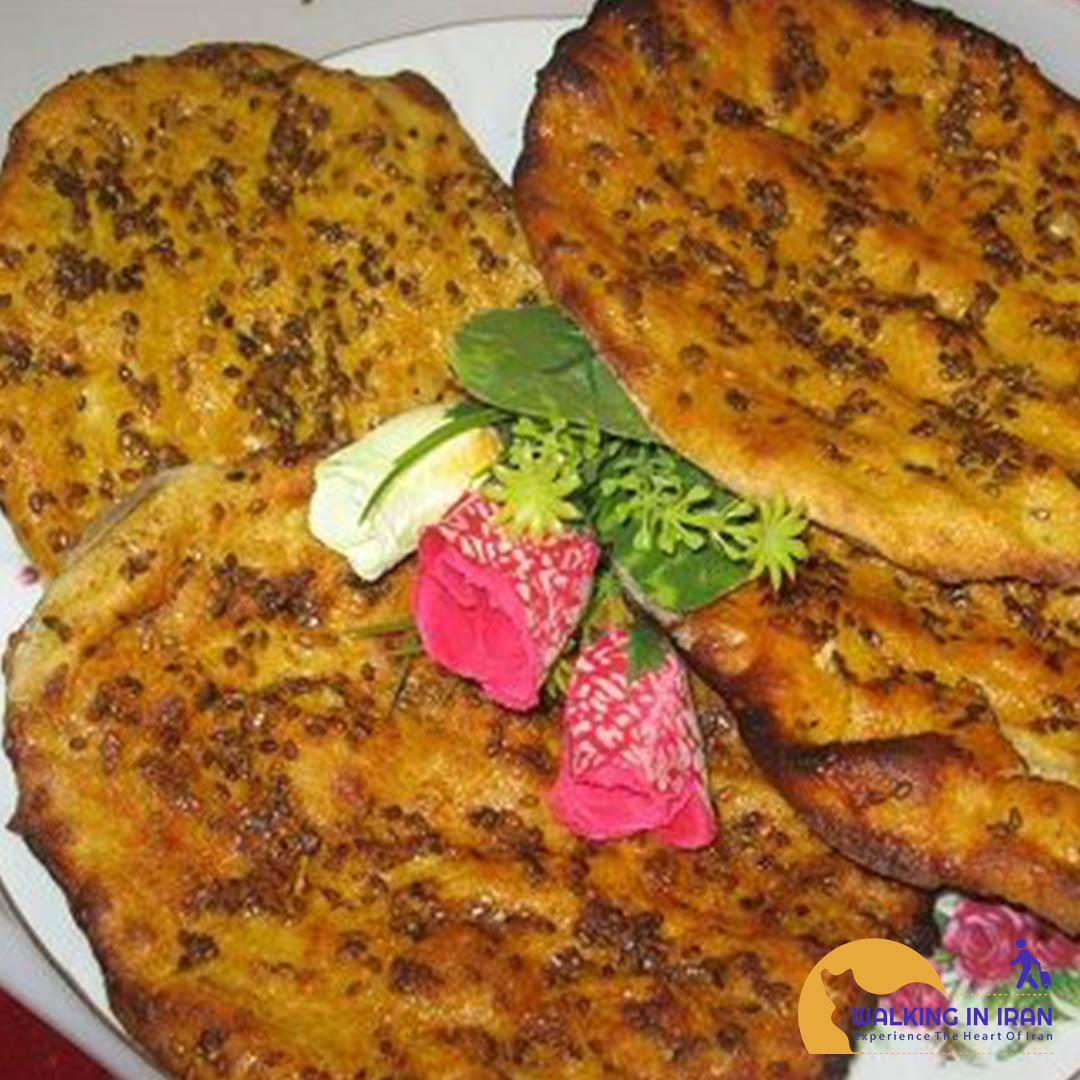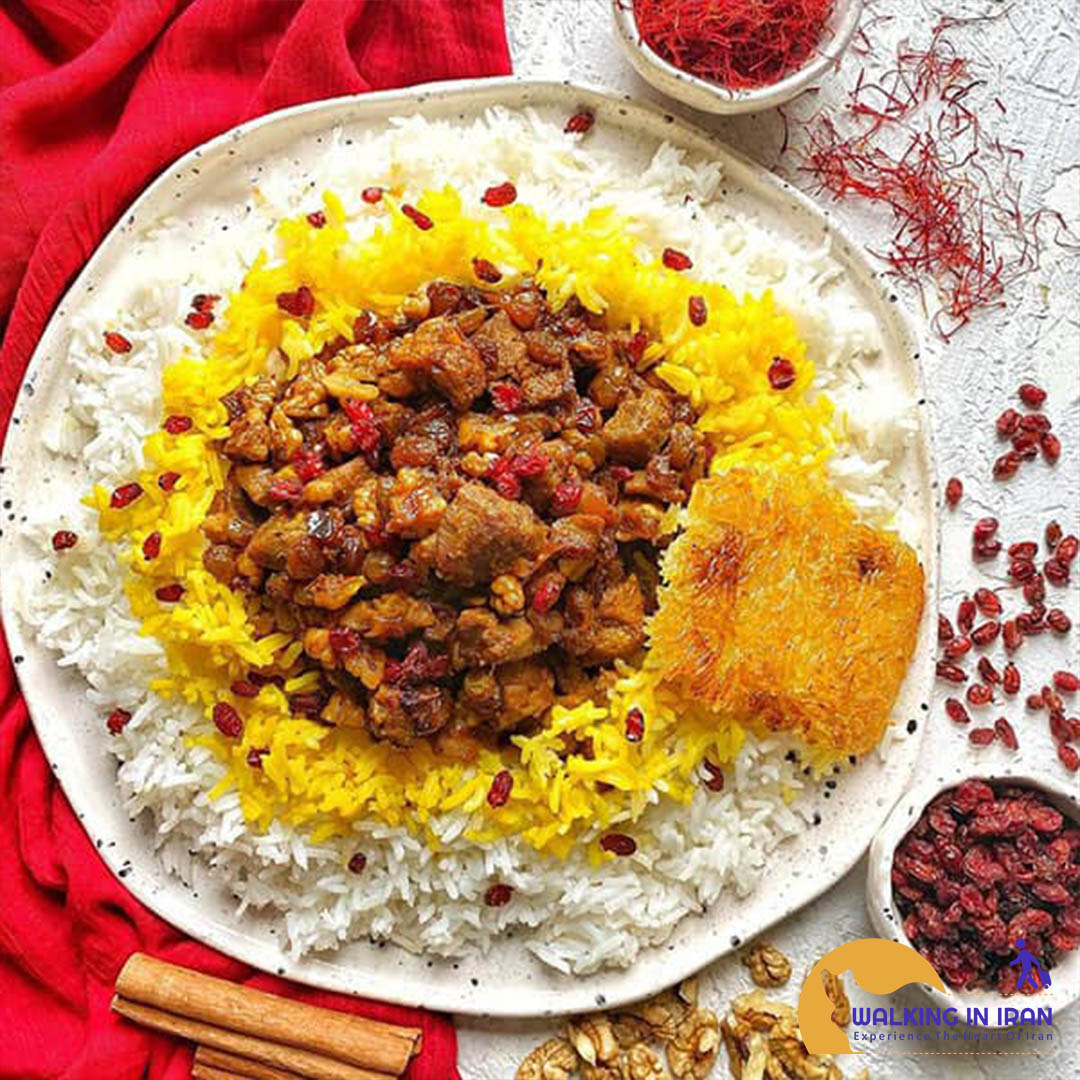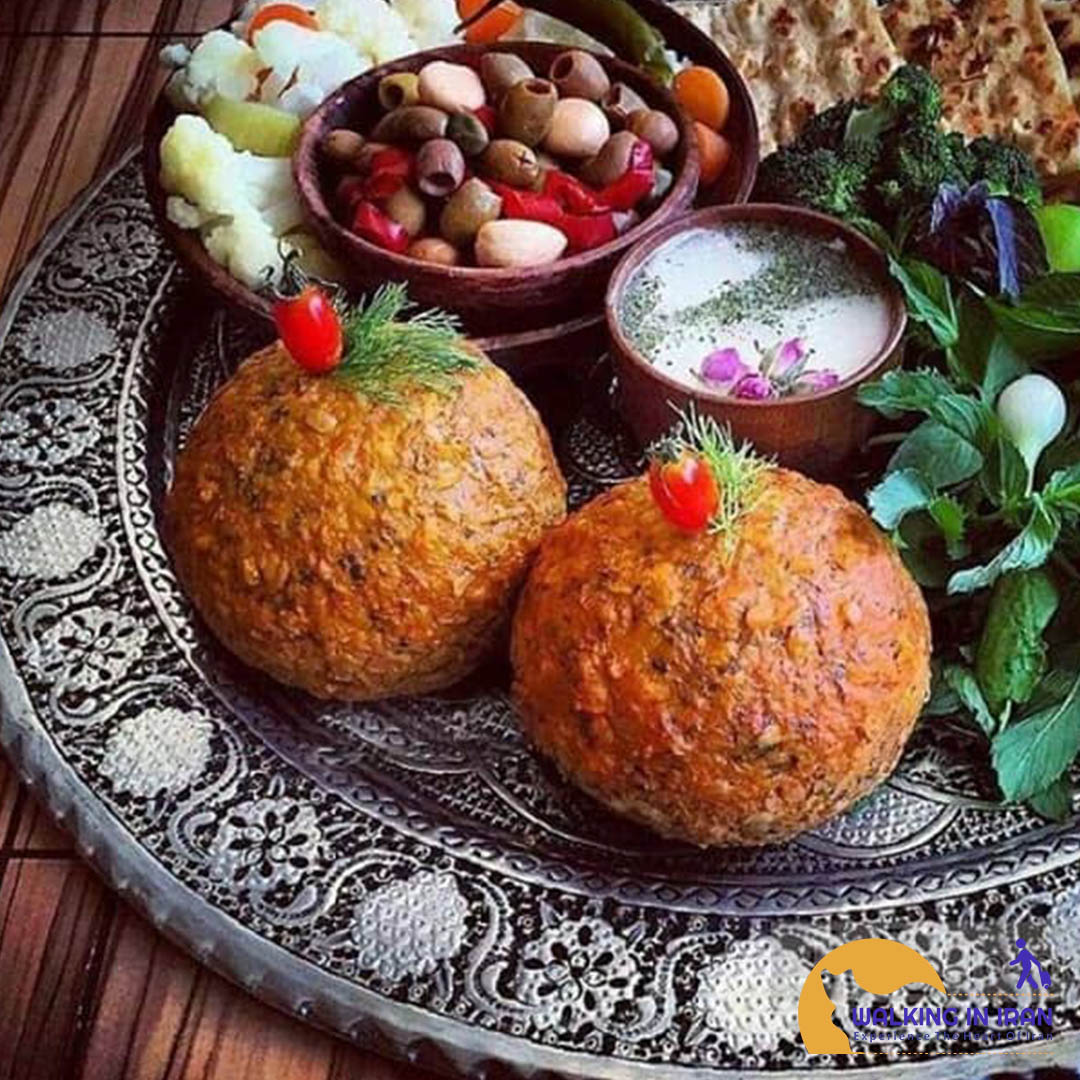The art of traditional Iranian towel weaving: a precious heritage of culture and authenticity
Towel weaving is one of the most valuable traditional arts of Iran, which has its roots in the history and civilization of this land. This original art, combining beauty and utility, is known as a symbol of Iranian identity and culture.
Distinctive features of traditional Iranian towels:
Natural raw materials: The use of natural fibers such as cotton, wool and fluff has given Iranian towels softness, softness and unique quality.
Various designs and colors: The variety of designs and colors used in traditional towels expresses the artistic taste and creativity of Iranian artists in each region.
Hand weaving: All the steps of weaving traditional towels are done by hand, which makes each towel a unique work of art.
Famous areas for towel weaving in Iran are:
South Khorasan: This region is known as one of the main centers of traditional Iranian towel weaving. South Khorasan towels are famous for their softness, elegance and geometric designs.
Yazd: Yazdi towels are also of very high quality and are often decorated with happy colors and floral designs.
Gilan: Gilani towels are woven using cotton and wool fibers and usually have striped and checkered designs.
Kashan: Kashan towels are among the high-quality Iranian towels and are famous for using natural colors.
Production steps of traditional towel weaving
The production of a hand-woven towel goes through different stages, each of which requires special skill and precision. These steps are:
Thread preparation: The threads used in towel weaving are usually made of cotton or wool. Yarns are used after spinning, dyeing and preparation for weaving.
Weaving: In this step, longitudinal threads (weaves) are drawn on the fabric.
Weaving: Using a comb and mako, transverse threads are woven on the skeins and the towel fabric is formed.
Draining and drying: After weaving is finished, the towels are washed and spread out to dry.
Sewing and finishing: the edges of the towel are sewn and then the towel is ready to use.
Common designs and patterns in towel weaving
The designs and patterns used in traditional woven towels are very diverse and range from the simplest geometric shapes to complex flower and bush designs. Some of the most common designs are:
Geometric designs: Squares, rhombuses, triangles, and straight lines are among the most commonly used geometric designs in woven towels.
Plant designs: Flowers, bushes and leaves are common elements in towel designs.
Animal designs: Animal designs such as birds and fish are also seen in some towels.
Lines and stripes: Straight lines and stripes are other common designs in woven towels.
Applications of traditional towels
Traditional towels are used in other cases in addition to their main use of drying the body. Among these things, the following can be mentioned:
Tablecloth: Towels with beautiful designs can be used as tablecloths.
Cushion: Smaller towels can be sewn into cushions and used to decorate sofas.
Board: Some towels with special designs are installed on the wall as a board.
Souvenirs: Traditional towels are offered to tourists as valuable souvenirs.
Traditional Iranian towel weaving




Join The Discussion